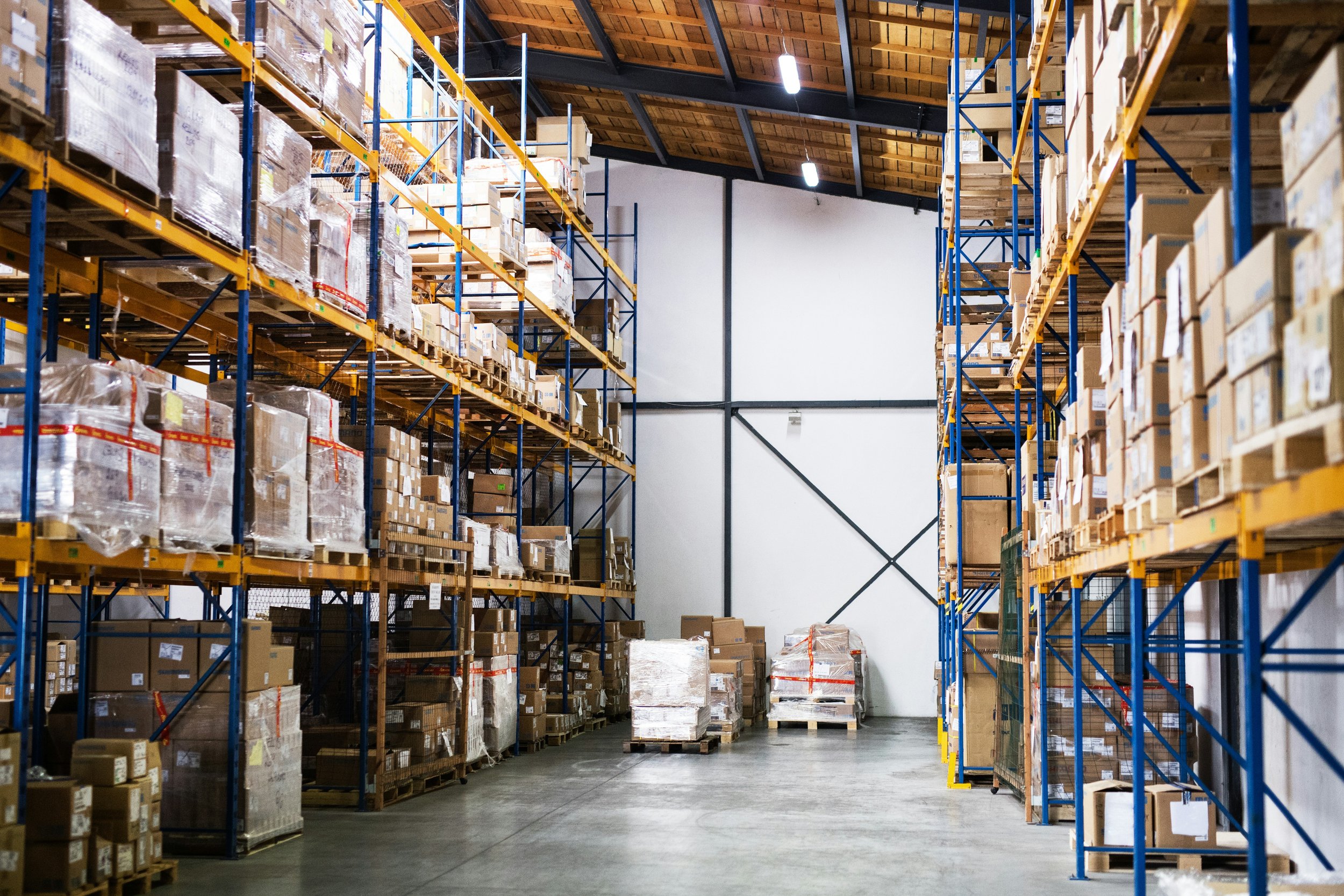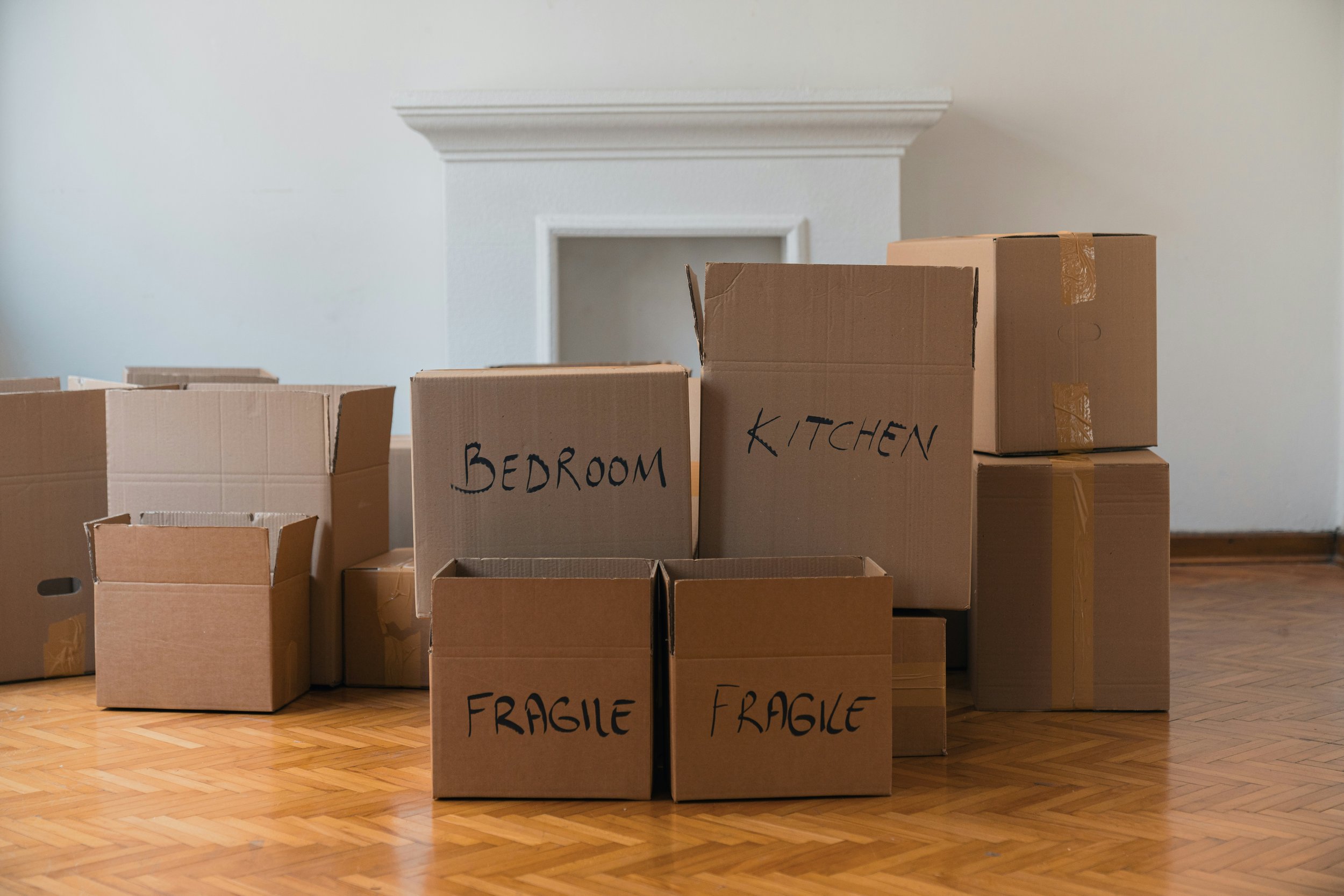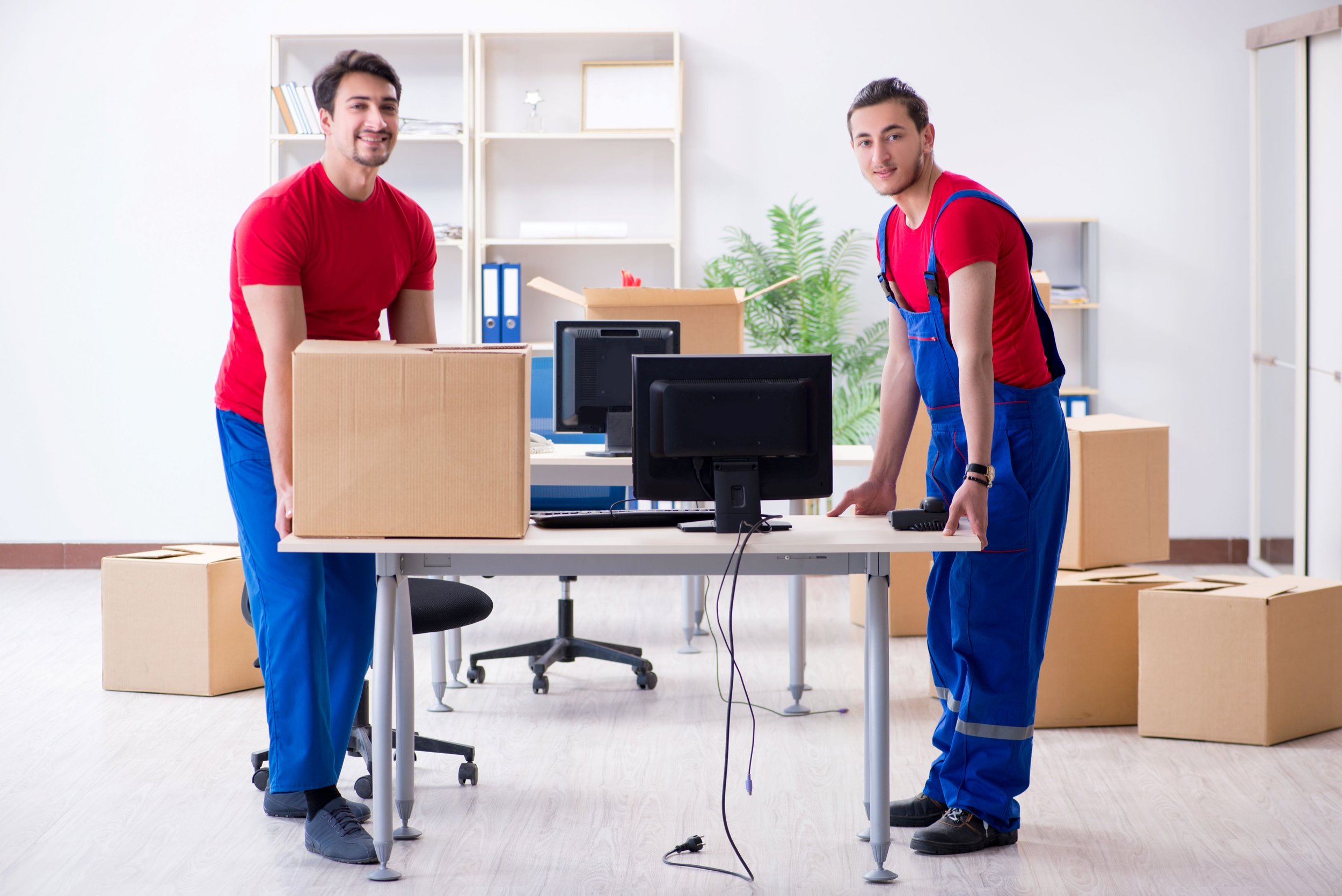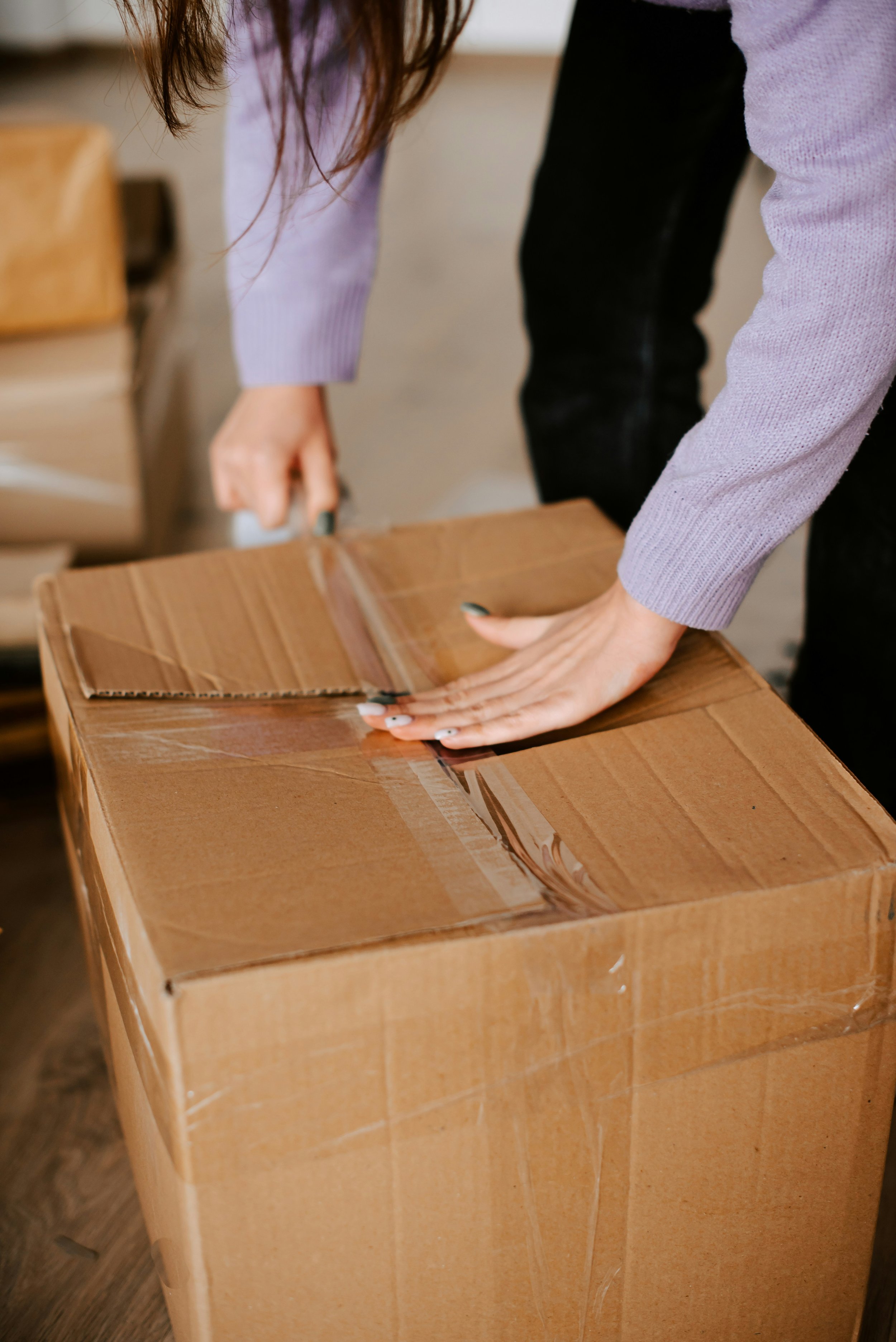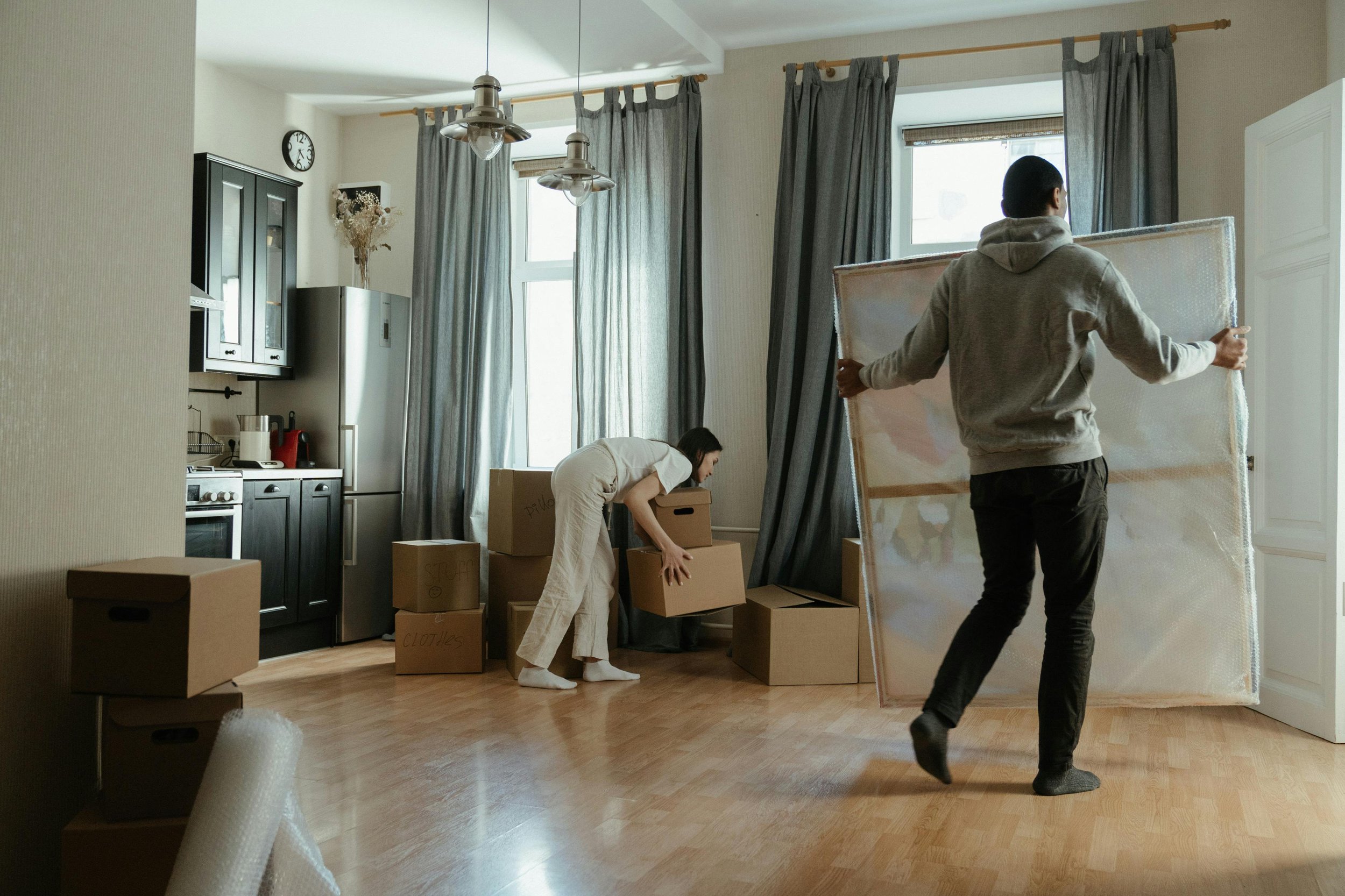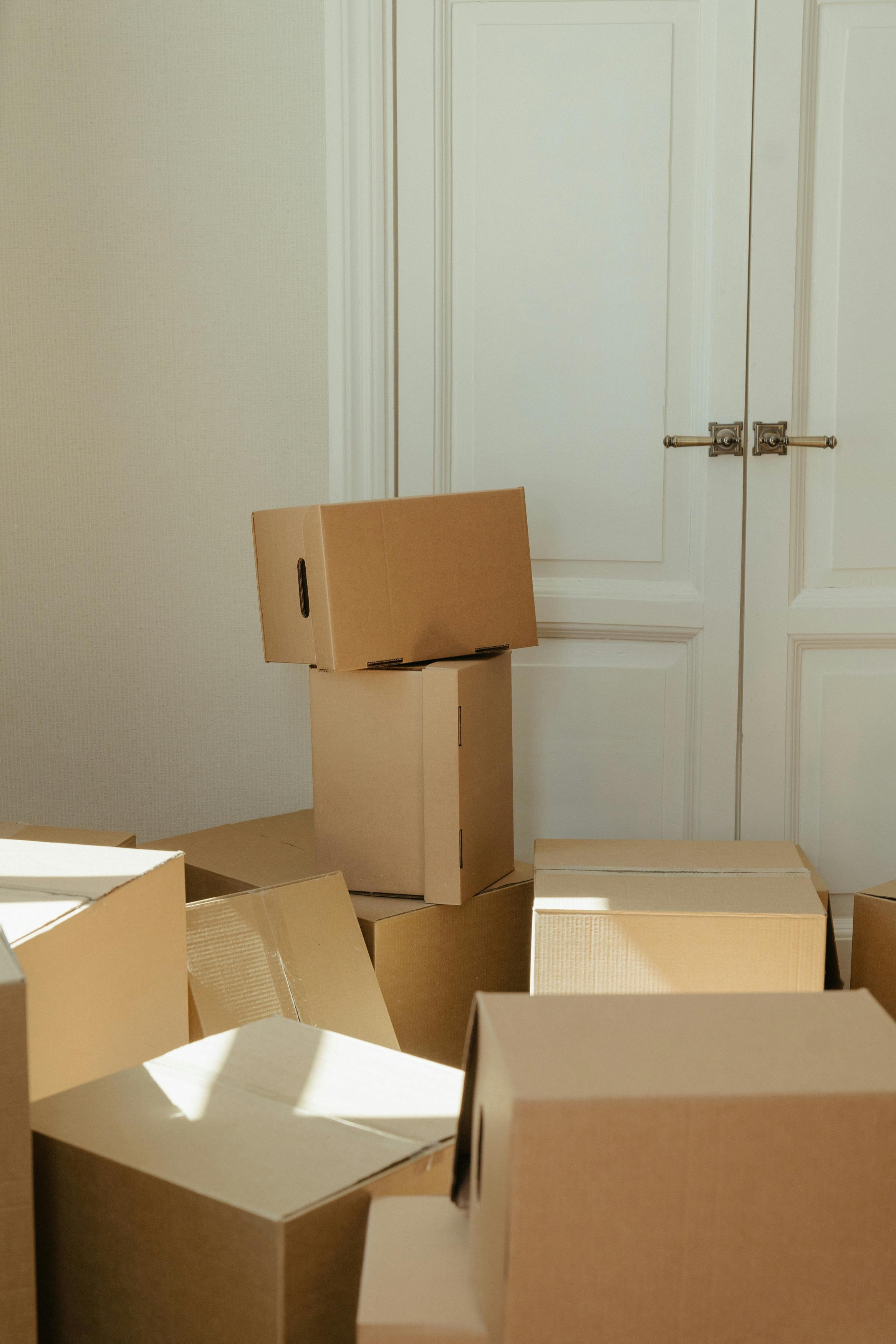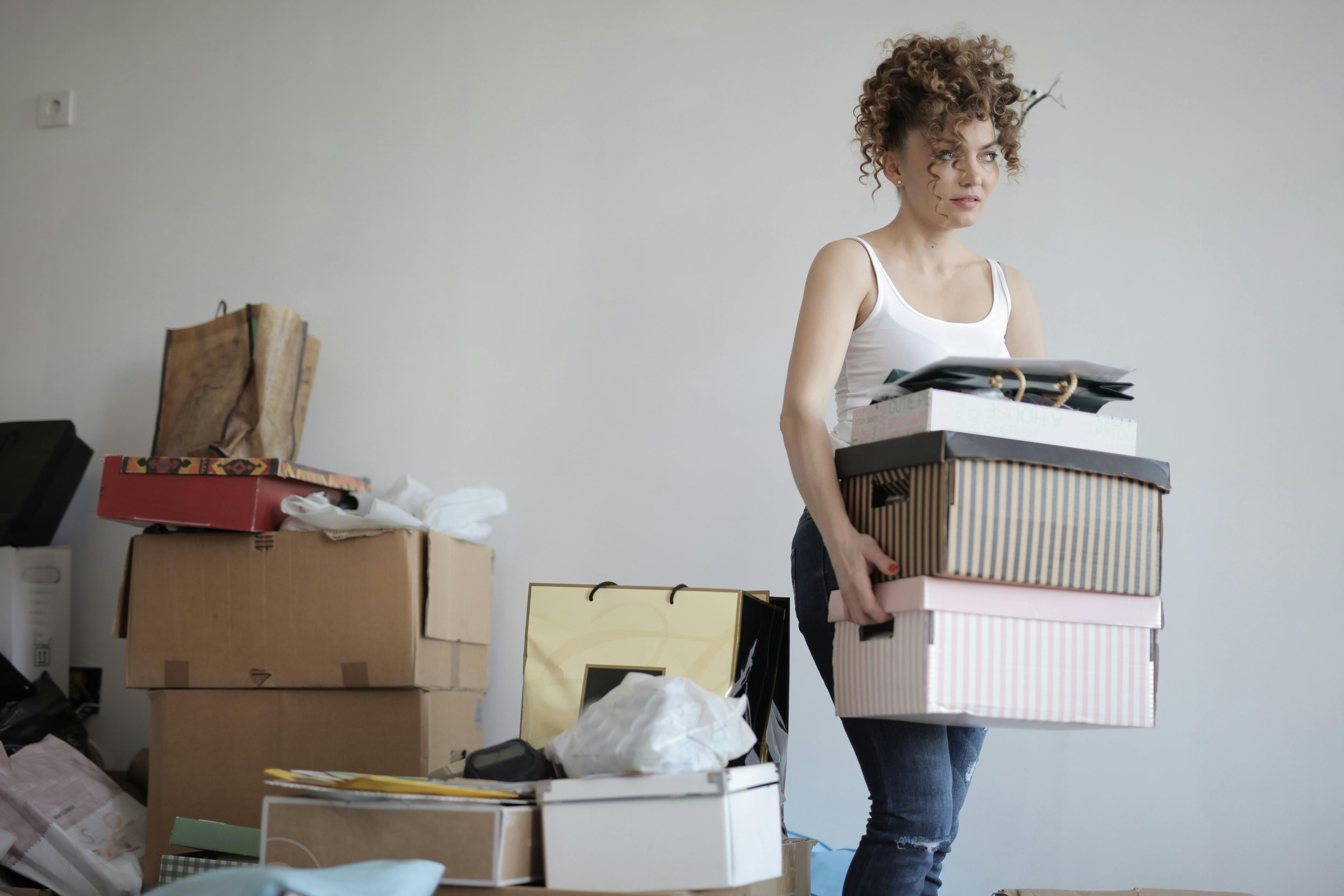The Ultimate Checklist for Moving Day: Don’t Forget These Items!
Ensure a smooth move with the ultimate checklist for moving day. Don’t forget these essential items to make your transition stress-free.
Moving day is often a whirlwind of activity, filled with a multitude of tasks that must be completed in a short amount of time. With so much going on, it's easy for important items and details to slip through the cracks. Ensuring a smooth and efficient move requires careful planning, and one of the most effective tools for staying on track is a comprehensive checklist. A well-organized checklist serves as a reliable guide, helping to ensure that nothing is overlooked, and that every essential item is accounted for during the transition to a new home.
Companies like Boss Moving Company, a trusted moving company, recognize the importance of preparation when it comes to moving. By breaking down the moving process into manageable steps and listing each task and item, a checklist can greatly reduce the stress of moving day. This approach ensures that both large and small items are remembered, from essential documents to everyday necessities.
Preparing for Moving Day
Before the big day arrives, there are several things you should prepare to ensure everything goes smoothly. First, make sure all your belongings are packed and labeled clearly. This will make it easier for you and the movers to know which items go where. Also, create a special box or bag for essential items that you’ll need immediately, such as toiletries, a change of clothes, and important documents. Having these items readily available will save you from having to dig through boxes later. Another key preparation step is to confirm all arrangements with your moving company. Make sure they have the correct address and that you’ve discussed any special instructions, such as handling fragile items.
Make sure you have all your important documents, such as passports, IDs, insurance papers, and moving contracts, in a secure place. It’s best to carry these with you rather than packing them in a moving truck. Also, gather any valuables like jewelry, cash, and small electronics. These items are safer when kept close by during the move.
Pack a small bag with toiletries, including toothbrushes, toothpaste, soap, and any necessary medications. You’ll also want to include a change of clothes, towels, and basic cleaning supplies. These items will help you settle in quickly and comfortably, even if you don’t get around to unpacking everything right away.
Moving can be exhausting, so make sure you have plenty of water and snacks on hand to keep your energy up. If you have kids or pets, pack extra snacks and drinks for them too. Consider preparing a simple meal that doesn’t require cooking, as you might not have access to your kitchen appliances immediately.
A basic toolkit with items like screwdrivers, pliers, and a hammer will come in handy for assembling furniture or handling any minor repairs in your new home. Additionally, a first aid kit is essential for treating any small injuries that might occur during the move.
Don’t forget to pack chargers for your phone, laptop, and other electronics. It’s also a good idea to keep your phone and other important devices fully charged before the move. Having these items easily accessible ensures you stay connected throughout the day.
How to prepare mentally for a move?
Moving to a new home can be both exciting and stressful, and preparing mentally is just as important as the physical aspects. Here are some tips to help you prepare mentally for a move:
Acknowledge Your Feelings: It's normal to feel a mix of emotions—excitement, anxiety, sadness. Acknowledge these feelings and understand that they are a natural part of the moving process.
Stay Organized: Create a moving plan with a checklist of tasks to keep you on track. Breaking down the move into smaller, manageable steps can help reduce feelings of overwhelm.
Visualize Your New Life: Focus on the positives of your new home and neighborhood. Visualizing your new space and how you’ll arrange things can help build excitement and ease anxiety.
Say Goodbye: Take time to say goodbye to your current home and neighborhood. This can help you process the transition and feel more ready for the change.
Practice Self-Care: Moving can be exhausting, so prioritize self-care. Get enough rest, eat well, and take breaks to recharge.
Stay Connected: Keep in touch with friends and family to maintain a sense of support and continuity during the move.
Be Flexible: Understand that not everything will go perfectly. Being flexible and open to change will help you cope with unexpected challenges.
By preparing mentally, you can approach your move with a positive mindset and reduce stress, making the transition smoother and more enjoyable.
Why you shouldn’t take all of your things if you move to a new place
When moving to a new place, it’s tempting to pack up everything you own, but there are good reasons to be selective about what you take with you:
Reduce Clutter: Moving is the perfect opportunity to declutter. Over time, we accumulate items we no longer need or use. By sorting through your belongings and only taking what you truly need or love, you can start fresh in your new home with less clutter.
Save Time and Money: The more items you move, the more it will cost in terms of packing materials, labor, and transportation. By taking only the essentials, you can save both time and money during the moving process.
A New Start: A new home is a chance to create a new environment. Holding onto old items can sometimes prevent you from embracing new experiences or styles that fit your new space better.
Organizational Ease: Fewer belongings mean less to unpack, organize, and store in your new home. This can make the settling-in process quicker and less stressful.
Consider the Space: Your new home might not have the same space or layout as your old one. Some furniture or items may not fit or suit the new environment.
By leaving behind unnecessary items, you can make your move more efficient and create a more organized and intentional living space in your new home.
Final Checks and Moving Day Tips
Before you leave your old home, take a final walk-through to ensure nothing is left behind. Check all closets, cabinets, and storage spaces. Make sure all windows and doors are locked, and that utilities like gas, water, and electricity are turned off. It’s also helpful to keep a checklist handy on moving day so you can mark off tasks as they’re completed. This will help you stay organized and reduce the chances of forgetting anything. Finally, take a moment to double-check your arrangements with the moving company, confirming the time and any special instructions.
By following this ultimate checklist, you can make your moving day as stress-free as possible. Remember, being prepared is the key to a successful move, and with a reliable moving company like Boss Moving Company, you can trust that your move will go smoothly.








